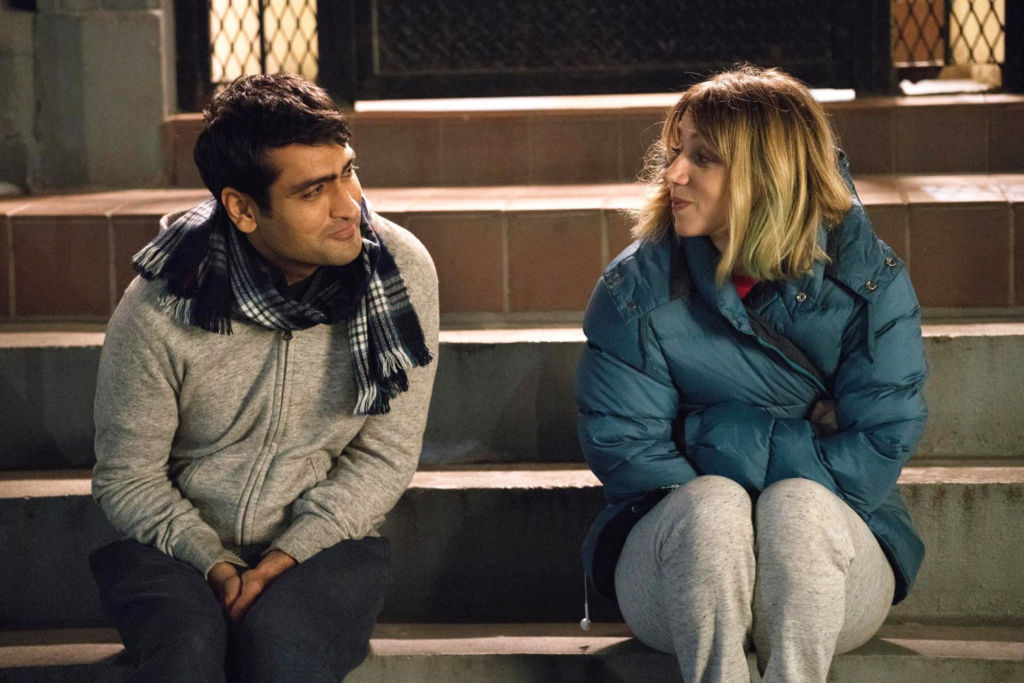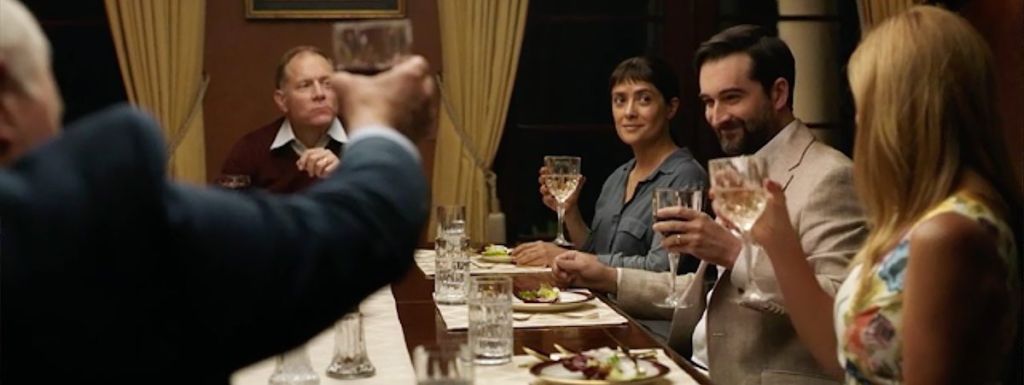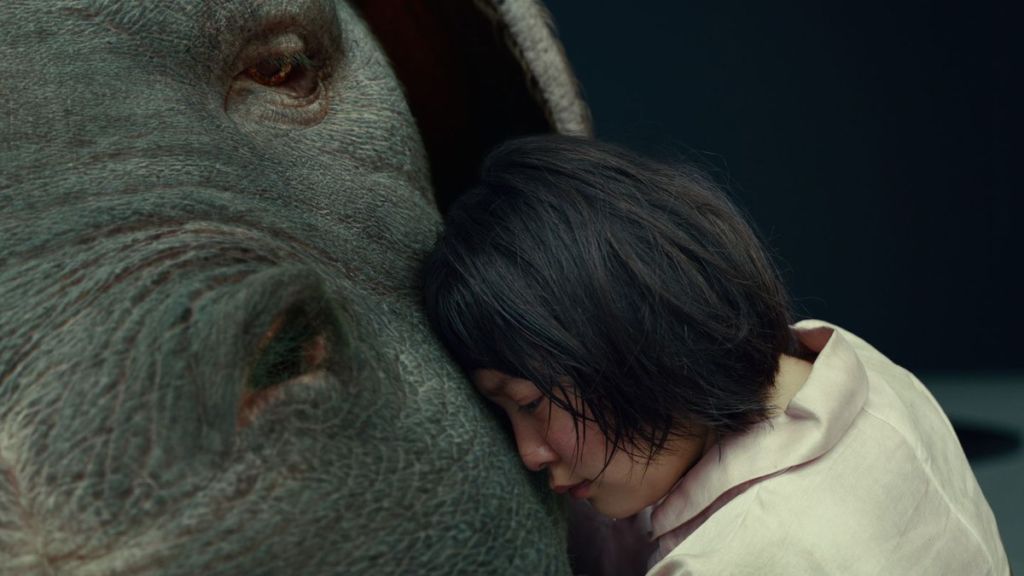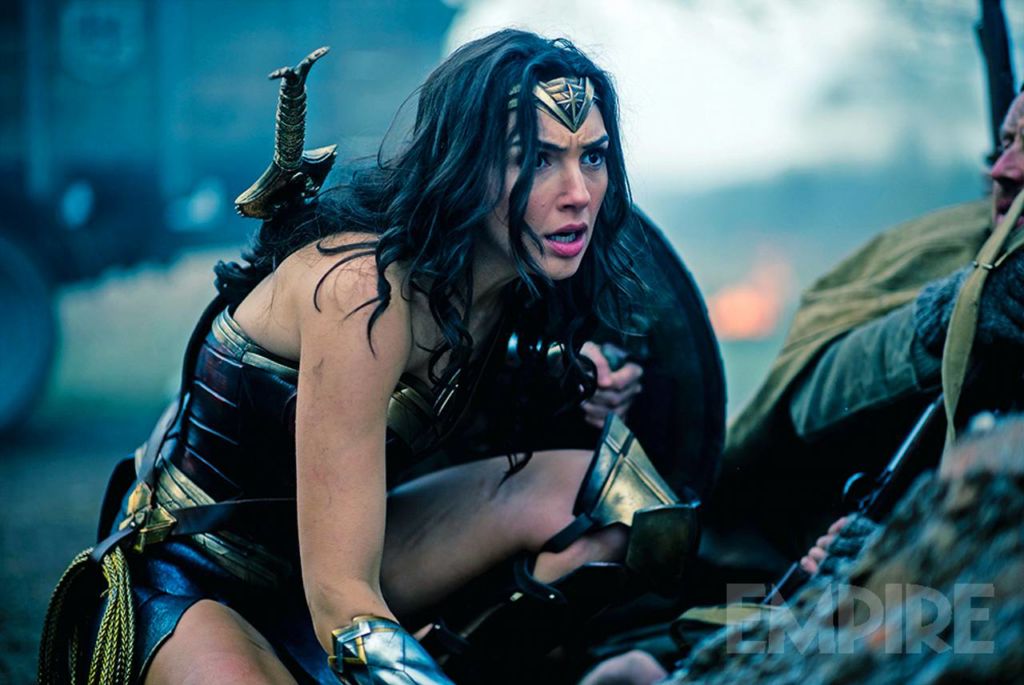A romantic comedy that’s both fresh and familiar
 Kumail meets Emily when she sort-of-heckles his standup comedy performance that is centered on his immigration experience. He asks if anyone else is from Pakistan, and Emily, a young blonde woman from North Carolina, woops in response. He joshingly admonishes her, she wittily snaps back, and he hits on her after the show. She makes fun and of his come-on line, claims she’s not interested in dating, and then they fall for each other.
Kumail meets Emily when she sort-of-heckles his standup comedy performance that is centered on his immigration experience. He asks if anyone else is from Pakistan, and Emily, a young blonde woman from North Carolina, woops in response. He joshingly admonishes her, she wittily snaps back, and he hits on her after the show. She makes fun and of his come-on line, claims she’s not interested in dating, and then they fall for each other.
Problems arise, because if they didn’t we wouldn’t have a movie. Some of the problems are unsurprising, like his conservative parents trying to arrange his marriage to a good Pakistani girl. But then it gets surprising. Shortly after Emily figures out why Kumail hasn’t introduced her to his family and dumps him, she gets deathly ill and placed into a coma. He ends up keeping vigil by her bed until her parents show up, and they are predisposed to hate the man who broke their daughter’s heart. Hilarity ensues? Yes, and no.
The Big Sick is based on Kumail Nanjiani and Emily V. Gordon’s actual relationship, with Nanjiani playing a version of himself and fantastic Zoe Kazan playing a version of Emily. The real couple wrote the beautifully realized screenplay, and Michael Showalter, who gave us last year’s under-watched and wonderful My Name is Doris, directs. The film mashes up a number of film tropes – star-crossed lovers, the immigrant experience in America, struggling comedians experiencing pathos, nervous guy meeting his girlfriend’s disapproving parents, and post 9/11 racism – and the result is something totally fresh while also being a little, and nicely, familiar.
The film’s authenticity comes partly from it being a true story, but also because Nanjiani, Gordon and Showalter create a naturalism in both drama and in comedy, with the jokes coming from people who are making them because it’s their job or because it’s the only way to deal with the awkwardness of life.
Nanjiani is the center of the film, and while his shtick as a performer is to be different versions of himself (see, for example, Dinesh in Silicon Valley), he does it very well. In his scenes with his conservative family – Anupam Kher as his father, Zenobia Shroff as his mother and Adeel Akhtar as his brother, all wonderful – he is deferential but still wry, struggling to be the comedian as well as their dutiful son. With his friends at the comedy club, he is more snarky, but he also tamps down his Pakistani-ness unless it’s being used as material. With Emily, he starts out trying to be what she wants him to be, but when she discovers his act, it’s devastating. His inability to integrate his various selves is his fatal flaw.
In trying to deal with Emily’s parents, played by Holly Hunter and Ray Romano, Kumail is forced to confront his mistakes, his fractured identity and his love for Emily. Hunter and Romano are given fantastic roles, much deeper and broader than such characters usually get, and their interactions with Nanjiani are at times nerve-wracking, even upsetting, and then they are hilarious. I can say I both laughed and cried at The Big Sick.
The Big Sick
Directed by Michael Showalter
Written by Emily V. Gordon and Kumail Nanjiani
Starring Kumail Nanjiani, Zoe Kazan and Holly Hunter
Rated R
Originally published in LGBT Weekly
 When Miguel Arteta and Mike White started filming Beatriz at Dinner last August, I doubt they could have predicted how salient the film would be when it was released ten months later. The biting, mostly comic commentary on class, race and manners is particularly unsettling because Trump won, because what may have been written as satire a year ago is naked reality now. It’s a tragicomedy, but in our country’s current predicament, its more tragic, making the film’s bleak ending creepily logical. Arteta and White are known for their awkwardly brilliant collaborations Chuck & Buck and The Good Girl (among other things), and Beatriz, while not achieving the levels of those two films, is another affecting, often very funny cringe-fest.
When Miguel Arteta and Mike White started filming Beatriz at Dinner last August, I doubt they could have predicted how salient the film would be when it was released ten months later. The biting, mostly comic commentary on class, race and manners is particularly unsettling because Trump won, because what may have been written as satire a year ago is naked reality now. It’s a tragicomedy, but in our country’s current predicament, its more tragic, making the film’s bleak ending creepily logical. Arteta and White are known for their awkwardly brilliant collaborations Chuck & Buck and The Good Girl (among other things), and Beatriz, while not achieving the levels of those two films, is another affecting, often very funny cringe-fest. I think the best reason to applaud the ascendance of the Netflix and Amazon TV and film studios is their willingness to fund the ambitious projects of artists like the Wachowskis (Sens8), Jill Soloway (Transparent), and Aziz Ansari (Master of None) — and now Bong Joon Ho, who directed the insane, groundbreaking Snowpiercer, as well as the modern Korean classics Memories of Murder, Mother, and The Host. His latest, produced and distributed by Netflix, is Okja, a scathing sci-fi satire about greed, family, factory farming, and a giant mutant pig with a heart of gold. By Bong’s standards, it’s a lesser film, but better than the vast majority of films available in theaters: hilarious, sad, horrifying, poignant, and daring.
I think the best reason to applaud the ascendance of the Netflix and Amazon TV and film studios is their willingness to fund the ambitious projects of artists like the Wachowskis (Sens8), Jill Soloway (Transparent), and Aziz Ansari (Master of None) — and now Bong Joon Ho, who directed the insane, groundbreaking Snowpiercer, as well as the modern Korean classics Memories of Murder, Mother, and The Host. His latest, produced and distributed by Netflix, is Okja, a scathing sci-fi satire about greed, family, factory farming, and a giant mutant pig with a heart of gold. By Bong’s standards, it’s a lesser film, but better than the vast majority of films available in theaters: hilarious, sad, horrifying, poignant, and daring. Infamously, since Warner Bros. decided to create a crossover-heavy “universe” with its superheroes, the studio’s comic book films have been at best wrong-headed and underwhelming (Man of Steel) and at worst incompetently made and pointless (Suicide Squad). The fear that they’d screw up a Wonder Woman film after waiting decades to greenlight it was justified. Thankfully, they didn’t screw it up at all. Instead, under the direction of Patty Jenkins, Wonder Woman is the studio’s best superhero film since 2005’s The Dark Knight, perfectly cast, funny, exciting and surprisingly moving.
Infamously, since Warner Bros. decided to create a crossover-heavy “universe” with its superheroes, the studio’s comic book films have been at best wrong-headed and underwhelming (Man of Steel) and at worst incompetently made and pointless (Suicide Squad). The fear that they’d screw up a Wonder Woman film after waiting decades to greenlight it was justified. Thankfully, they didn’t screw it up at all. Instead, under the direction of Patty Jenkins, Wonder Woman is the studio’s best superhero film since 2005’s The Dark Knight, perfectly cast, funny, exciting and surprisingly moving.